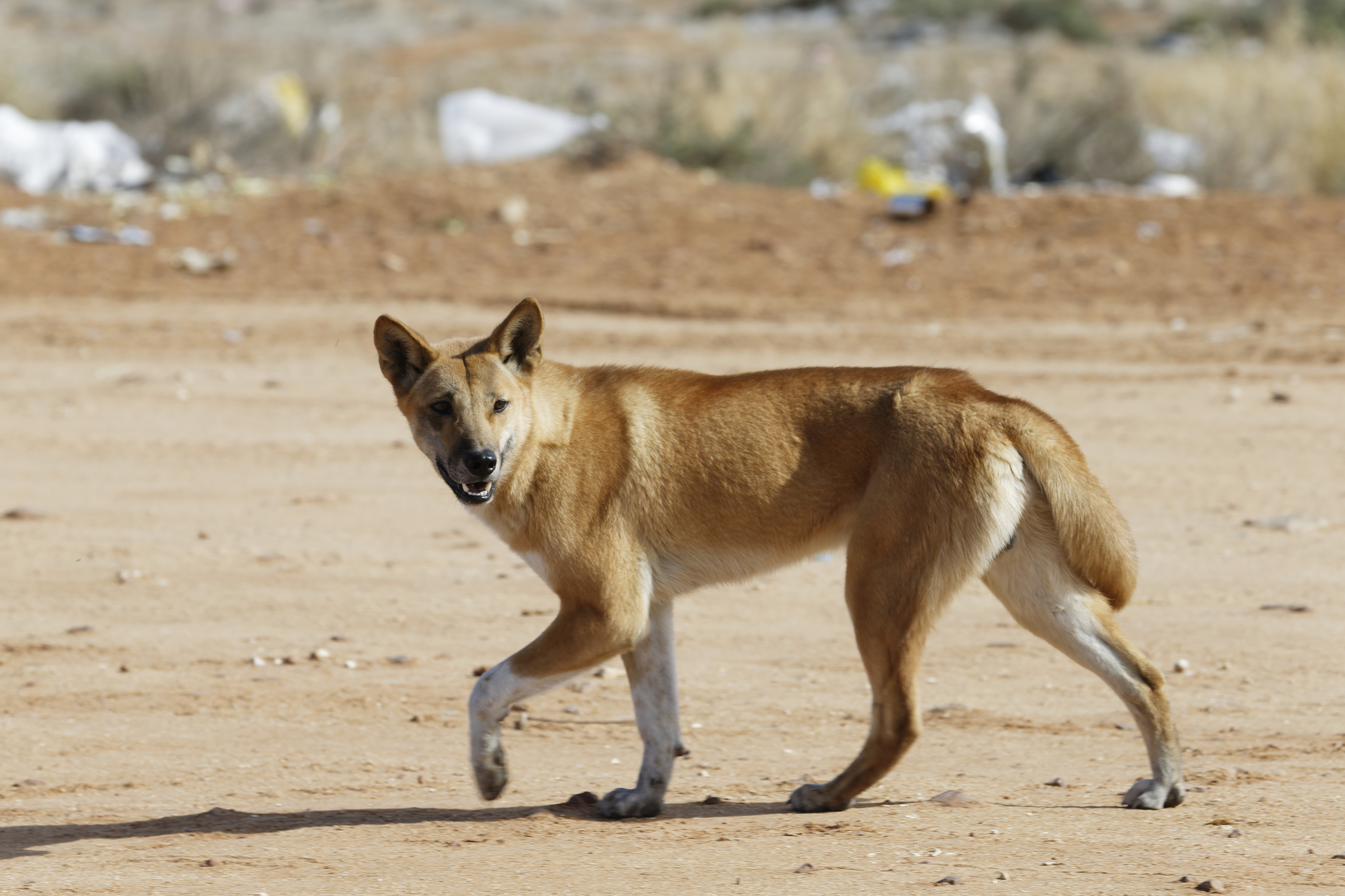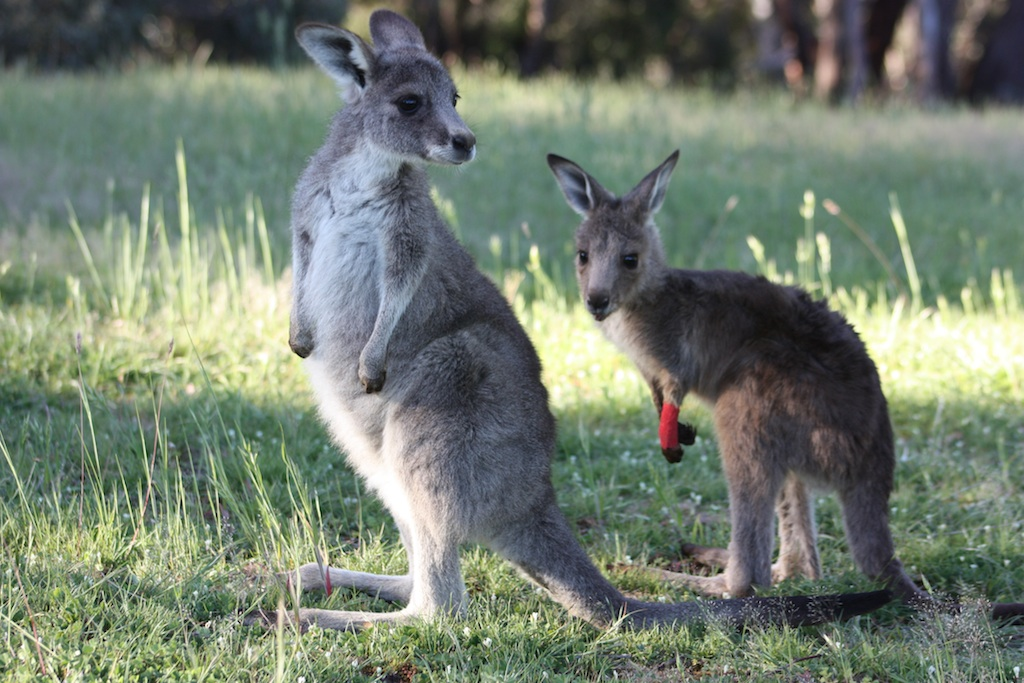Across Australia, dingoes are slowly being recognised for what they are: Australia's local apex predator with deep cultural significance and an important ecological role. Yet in many jurisdictions they continue to be subjected to widespread lethal control through baiting, trapping and shooting, due to policies that still classify them as pests or biosecurity threats. In 2023, Victoria ended...
Recently there has been a spate of reactionary government activity intended to control and limit animal activism across Australia. This month, NSW increased fines and jail time for people caught trespassing on farms. As we speak, Victoria is holding an inquiry into the impact of animal activism on agriculture, and at the federal level a bill has been proposed that will amend the Criminal Code Act 1995 (Cth) to directly criminalise the use of carriage services (like social media) to incite trespass on agricultural land.
The problem is – all of the activity in question is already illegal or regulated. The following are all crimes at the state and/or federal level:
- Trespass
- Destruction of Property
- Single party surveillance
- Harassment via a carriage service
- Theft and Burglary
- Incitement and conspiracy
The federal Criminal Code Act 1995 makes it an offence to use carriage services to make threats, menace, harass, or cause offence. It also makes it an offence to use a telecommunications network to commit or facilitate offences against Commonwealth and state laws, including the crimes listed above.
Biosecurity concerns, often cited as the motivation for such legislative action, are also addressed in the form of state livestock management and biosecurity acts.
To be clear, we do not condone or encourage criminal activity in the name of animal welfare, however it is difficult not to think that laws and inquiries such as those we are currently seeing are being used to distract from, and prevent, further revelations of animal mistreatment. It is concerning that, since the proposed legislative changes are doing little of substance to expand protections for Australian farmers, the only outcome of this action will be to directly villainise and hinder animal welfare and environmental protection groups.
The Criminal Code amendment bill especially represents a dangerous step toward specifically policing the actions of animal activists as separate from other groups. By drawing a distinction between the incitement of trespass, harm, and theft by animal activists, and the incitement of trespass, harm, and theft by other members of society, this amendment creates an opening for direct restriction of the work of animal activists in the future. It is possible that by legislating so narrowly in relation to a clearly defined group of people, the way will be paved for legislation that will begin to erode the rights of animal welfare groups and their ability to advocate effectively. This distinction also feeds the notion that animal activism itself is a threat so great it is worthy of singling out – but the reality is nothing of the sort.
Perhaps what is even more glaring is the action that the government isn’t taking. There has been no comparable legislative backlash against systematic farm animal abuse or the lack of food supply chain transparency to that leveled at trespassing animal activists. Responses to revelations of farm animal abuse are usually localised, dealing only with the individual offender, and rarely resulting in state and federal legislative amendments implementing stricter animal welfare laws.
This legislative response to the activity of animal activists diverts resources and attention away from the serious problems we currently face with animal welfare law compliance. It is worth noting that the majority of producer breaches of animal cruelty laws and standards would not be public knowledge without the efforts of activism. By way of recent example, protests at a farm in NSW lead to a formal RSPCA investigation and a conviction for serious animal cruelty. At a poultry farm in Victoria, the acts of a whistleblower exposed horrific acts of cruelty leading to public outrage and the firing of involved contractors.
So what is the solution? The clearest way to increase protections for farmers is to make information regarding the food production process and welfare of animals available to the public without it having to be obtained by “unauthorised” means. This would include mandatory animal welfare reporting and the installation of CCTV in slaughterhouses, abattoirs, and in factory farming facilities. Finally, stronger animal welfare laws and enforcement are needed to hold producers to account for the care of their animals. In a study for the Federal Department of Agriculture and Water Resources, Australia’s Shifting on Farm Animal Welfare, Future Eye found that 95% of people view farm animal welfare to be a concern and 91% want at least some reform to address this. This research ‘indicates a fundamental community belief that animals are entitled to the protection of relevant rights and freedoms, closely aligning with activist sentiment.
The public has a clear expectation for effective regulation to uphold these freedoms and expect highly transparent practices, regulation and enforcement. If we meet these expectations, there will be less reason for individuals to take justice into their own hands.
Rhiannon Cunningham is a Campaigner for Humane Society International and has been with the organisation since 2015. She is admitted to the Supreme Court of NSW as a solicitor and has a Masters in Environmental Law from The Australian National University. Currently, she is in her final year of a Graduate Diploma in Environmental Science, with a focus on conservation and sustainability. Her work with HSI is primarily focused on environmental policy, native wildlife protection, and animal welfare laws.
Image by Pexels from Pixabay


